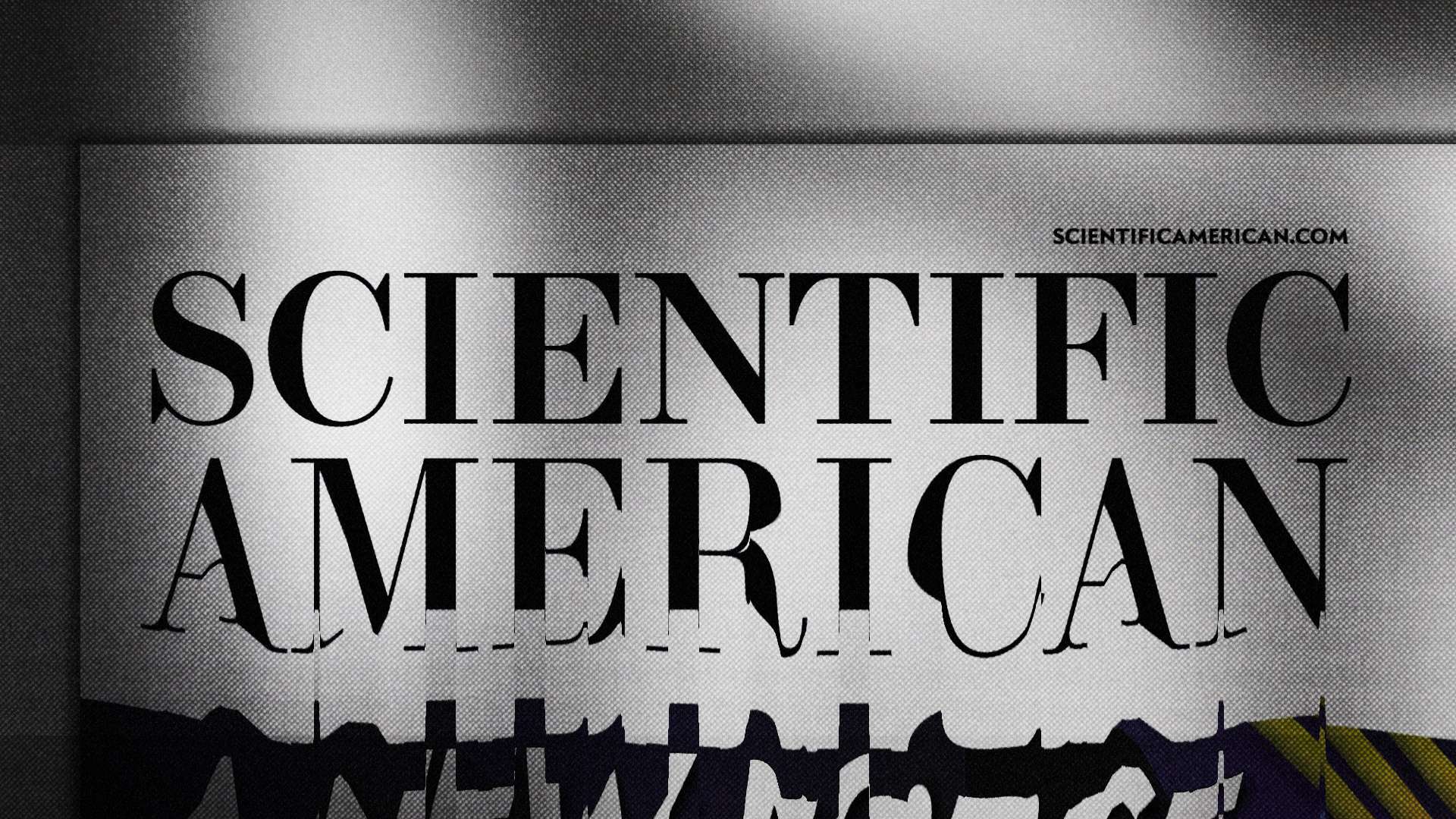How the Departing Editor of Scientific American Contributed to the Erosion of Scientific Integrity
Laura Helmuth’s recent resignation as editor-in-chief of Scientific American, the oldest continuously published magazine in the United States, has raised significant discussions about the magazine’s editorial direction during her tenure. In her resignation announcement, Helmuth expressed pride in her accomplishments over her 4.5 years in the role, citing a desire to reflect and take a break, potentially to engage in birdwatching. However, her departure seems to have been influenced by a contentious post-reelection rant, in which she criticized her generation, Generation X, and lamented the societal issues of her home state, Indiana. While some may argue that social media controversies should not determine job outcomes, it’s evident that her posts reflect deeper issues during her leadership at Scientific American, where a noticeable shift toward political activism overshadowed objective scientific discourse.
Helmuth’s editorial choices have been scrutinized for gradually transforming Scientific American from a respected source of popular science journalism into what appears to be a platform for social justice advocacy. While the magazine retained some of its traditional roles, it increasingly leaned towards producing content that critics describe as incoherent and overly focused on current social issues. This trend undermined the publication’s credibility, especially as it ventured into topics where scientific authority was required, such as youth gender medicine. Articles and narratives issued during Helmuth’s time would often prioritize political narratives over rigorous science, setting off alarms among those who value evidence-based journalism.
Perhaps the most striking examples of this shift include the contentious writings surrounding the legacy of influential figures like biologist E.O. Wilson, whose contributions were publicly criticized in the pages of the magazine even after his passing. Moreover, Scientific American published articles that took a contrarian approach to basic statistics and drew troubling parallels between social concepts and scientific principles, such as the normal distribution. A notable instance was an article published in September 2021 that labeled the “JEDI” acronym as problematic without offering substantive evidence for its claims, ultimately reinforcing perceptions that the magazine was becoming more of a marketing outlet rather than a bastion for scientific discussion.
The coverage of youth gender medicine further exemplified Scientific American’s editorial failures under Helmuth. Despite the ongoing debates and serious concerns regarding the medical interventions available for gender dysphoria in minors, the magazine opted for a narrative that uncritically accepted activist positions. This approach has faced criticism for providing misleading information about the effectiveness and safety of treatments without addressing the substantial lack of empirical support or ongoing controversies. As a result, Scientific American risked disseminating potentially harmful misinformation, putting vulnerable populations at risk and eroding public trust in both the magazine and the scientific community at large.
In juxtaposition with other media outlets, Scientific American’s lack of rigorous coverage on youth gender medicine illustrates a broader trend of compromised journalistic integrity when scientific subjects become entangled with political correctness. This issue is not isolated; other organizations, such as the popular science show Science Vs and major news outlets like CNN, have also shown a tilt toward biased reporting on similar topics. By failing to accurately represent evidence and engage critically with divisive scientific controversies, these platforms exacerbate the erosion of expert authority at a time when it is crucial for society to rely on sound scientific information.
To regain its legitimacy, Scientific American needs to refocus on its core mission of scientific inquiry and communication. The magazine would benefit from leadership that prioritizes objective reporting rather than advancing a progressive social agenda. This approach does not negate the possibility of addressing social justice issues in an informed manner; it instead calls for a necessary balance that emphasizes scientific understanding over ideological interpretation. By returning to its roots and fostering an environment founded on scientific rigor, Scientific American can restore its reputation as a credible science magazine and contribute positively to the collective understanding of science in society.
Share this content:












Post Comment